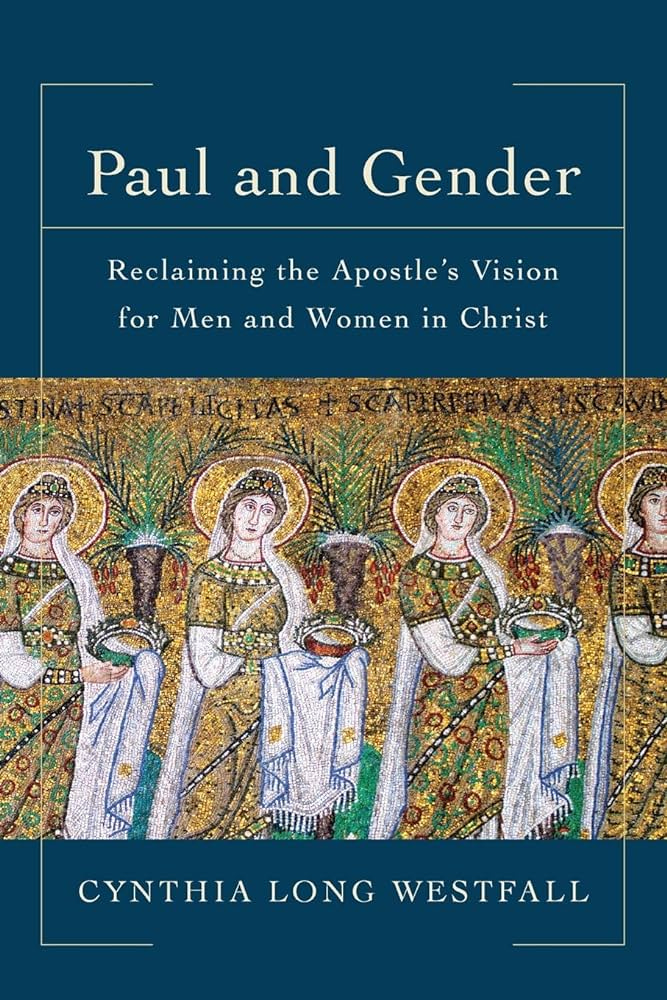In Westfall's preface, she gives five guidelines for interpreting Paul's passages about gender. Here they are in Abby's non-technical-speak. 1) The interpretation sounds like the other things Paul wrote. 2) The interpretation makes sense according to how Paul lived. 3) The interpretation would've made sense to the people reading it at that time. 4) The interpretation fits within Paul's overall theology. 5) Interpretations align with people's contemporary worldview/theology/lifestyle. (I'm a little fuzzy about this last guideline.) In Westfall's introduction, she states that traditional interpretations of Paul's passages on gender do not adhere to the above five guidelines and have inconsistent methodology. She states that traditional interpretations assume Paul agreed with Greek philosophical thought and Greco-Roman social practices, whereas she believes Paul critiqued some of these practices. She lists four other problems with traditional interpretations. 1) They don't make Paul's letters any clearer. 2) They are used and have been used to create a "theology of power and control that privileges one group over another..." (Westfall, 4). 3) They have, until relatively recently, assumed women are inferior to men. 4) They have not included women's interpretations on the subject. Therefore, she wrote this book to explain another way of reading Paul. This book is based on her work of forty-five years of experience working in churches, seminaries, and universities. Click on the link to read the summary of Chapter 1, which will be available Feb 18.
Westfall, Cynthia Long. Paul and Gender: Reclaiming the Apostle's Vision for Men and Women in Christ. Baker Academic: Grand Rapids, Michigan. 2016)


